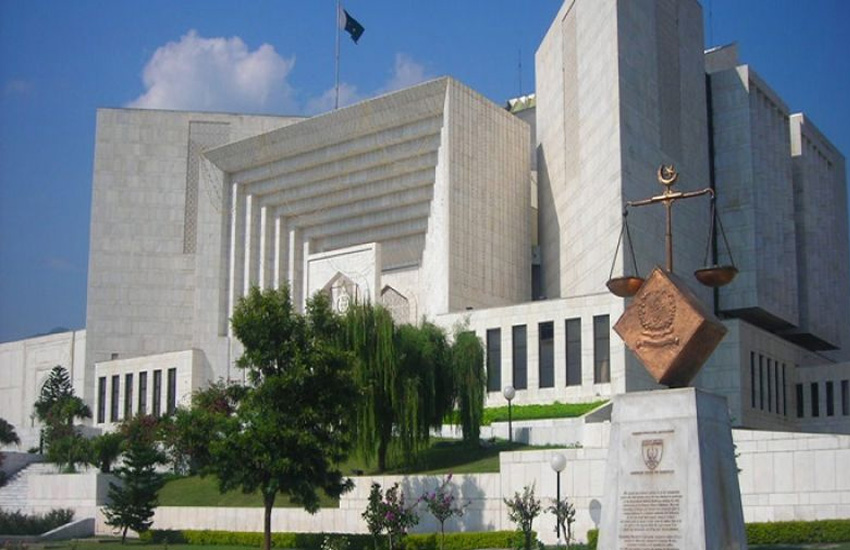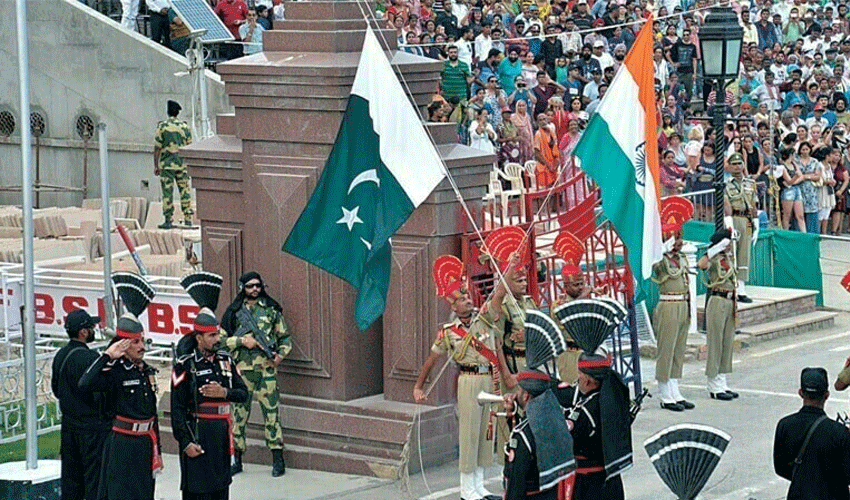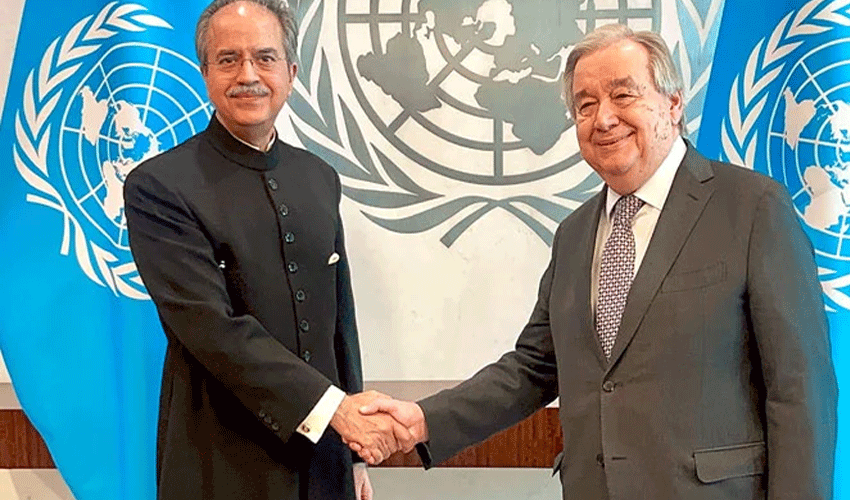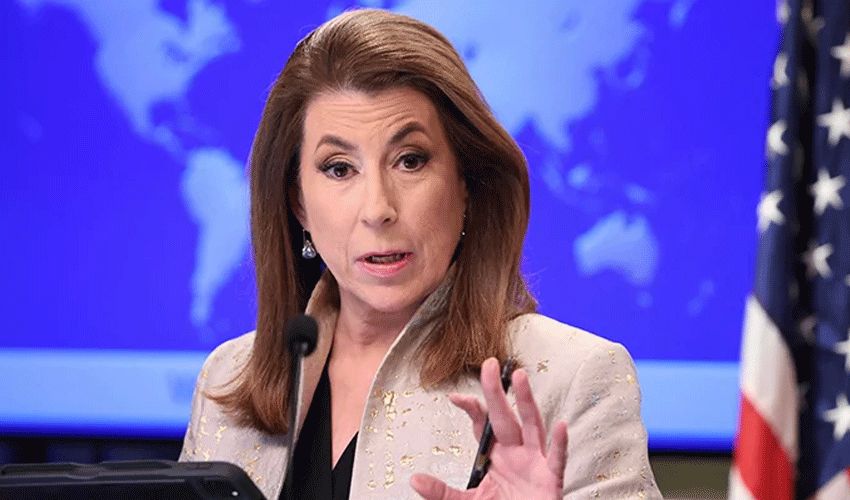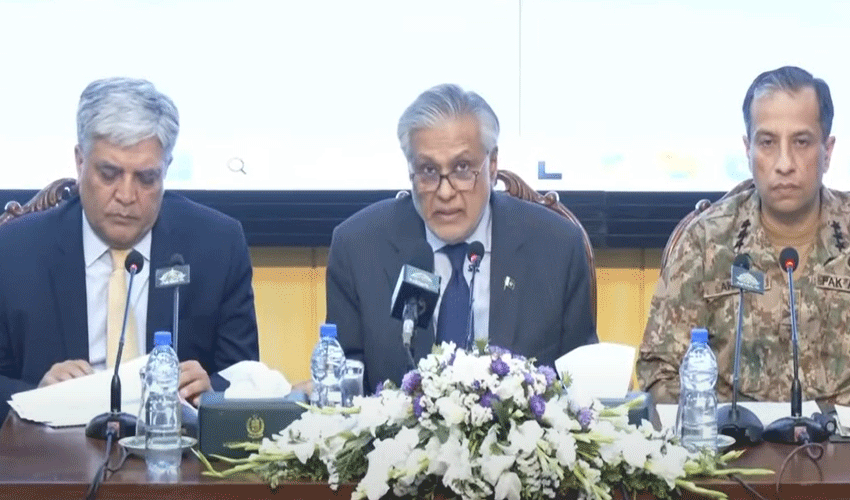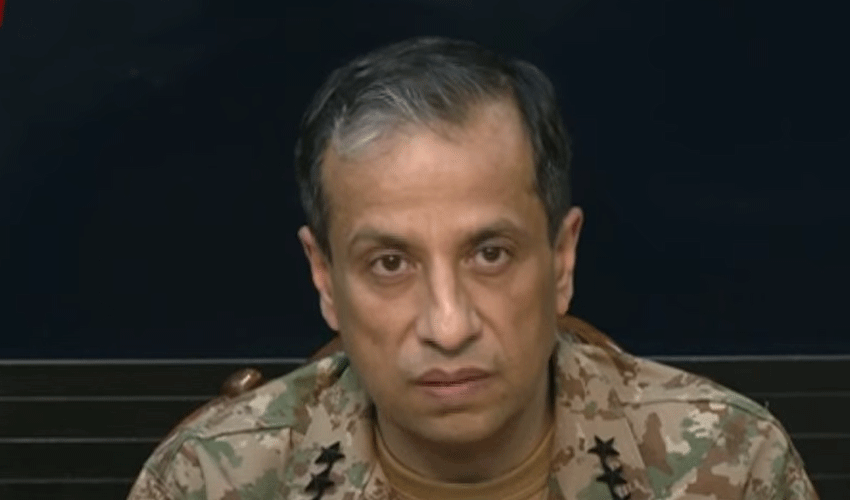The seven-member constitutional bench of the Supreme Court adjourned the hearing of intra-court appeals against the decision to try civilians in military courts until Friday (tomorrow).
The federal government lawyer Khawaja Haris argued that the Army Act is applicable to civilians in certain circumstances and that the Supreme Court does not have the authority to nullify the provisions of the Army Act.
The case and hearing
Justice Jamal Mandokhel raised critical questions regarding the applicability of military discipline to civilians, asking how a person who is not in the armed forces can come under military discipline.
He further questioned whether bringing an unrelated person under military discipline would violate Article 8 of the Constitution. Justice Jamal also pointed out that the discipline of a particular department applies to an employee of that department, and inquired how discipline could be applied to someone not part of any department.
Justice Musarrat Hilali questioned whether the fundamental rights of the accused are forfeited when a case is tried under the Army Act, asking if a person who falls under the Army Act is treated as though they "go to another world."
In response, Khawaja Haris, representing the government, clarified that in certain circumstances, the Army Act is applicable to civilians. He emphasized that the court does not have the authority to repeal the provisions of the Army Act.
Justice Jamal responded that if someone is suspected of inciting violence, the Army Act could apply to them as well.
Justice Muhammad Ali Mazhar underscored the importance of identifying any defects in the court’s earlier decision, reiterating that this bench has the authority to review constitutional points raised in the intra-court appeals.
The judges also discussed the nature of trials depending on the offense.
Justice Jamal pointed out that if there is an attack on the President's House, the trial will be held in the Anti-Terrorism Court, while an attack on military property would lead to a trial in a Military Court.
Khawaja Haris, defending the government's position, emphasized that the decision to try civilians under military courts was made through legislation.
He also reassured the bench that in military courts, the accused is provided with a lawyer and access to all relevant materials.





